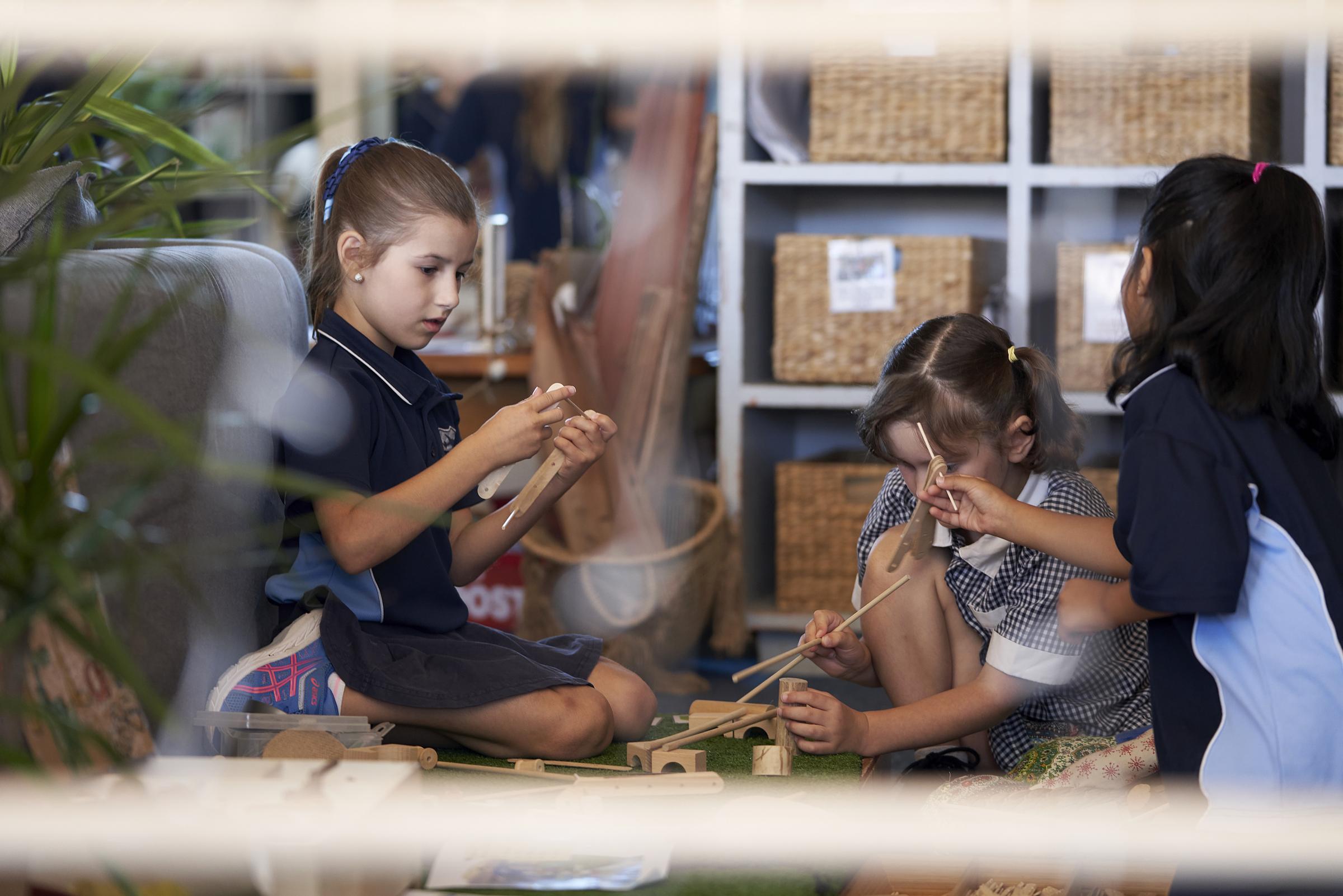Responsibility - A road to success!

Increasing Responsibility and Independence!
Teaching children responsibility can be difficult, and in particular when they are young and struggle to be responsible. This however does not mean they cannot do it, rather they need to be shown HOW to do it!
We want children to BE children! We want them to ride bikes, go to the beach, have fun on the playground or the movies, not WORK in the backyard or around the house. However as we grow up and become adults the world of responsibilities can be daunting. As adults we may not handle responsibility too well, and irresponsibility can cause problems, whether it is with our work, finances or behaviour.
Having responsibilities at an early age helps children be accountable and teach them the value of hard work. Having some measure of independence is where children learn to rely on themselves.
Children learn responsibility by being made to face the consequences of their actions.
Experts advise that we should try to not protect them wholly from themselves or their decisions. We all know that learning comes from making mistakes and it’s better to make those mistakes as a child where the consequences aren’t as severe. It is important that we are not afraid to let children spend time alone or be afraid to let them make decisions about their time, hobbies and friends. Give them the independence they need to grow into responsible adults who know how to take care of themselves.
Kids who do not have responsibilities feel entitled and think the world will always do for them.
The important thing to remember that responsibility isn't just completing a task. It is also about an attitude, the idea of taking action and being proud of doing it, not just always having someone, usually an adult do it for them.
So how can we raise responsible children? Dr. Justin Coulson’s advice:
Give them responsibility! At its core, we are teaching our kids that they can do something, by teaching them how to do that thing.
Build on age-appropriate tasks - learning the steps to build up to those tasks. Start small. As they learn, add more advanced responsibility. When they wants a snack, instead of cutting up an apple, show him where the apples are and how to wash one. When he’s a little bit older, you can help him learn to use a knife safely. And when he’s capable, let him cut up apples for his younger siblings.
Express Appreciation - Keep up the positive energy by recognising and appreciating them. ‘Thank you for emptying the dishwasher – it was such a big help!’
Allow for independence - For kids to really learn responsibility, they have to learn to rely on themselves. Once you have provided guidance about a task, give them the space to do it on their own. Teach them how to do it, and then let them do it on their own.
Allow natural consequences - Of course, once kids are given the freedom to make their own decisions, and do their tasks on their own, they are going to make mistakes. Facing the consequences of those mistakes, though upsetting, will teach your child responsibility. When your child makes a mistake, allow the natural consequence. If they forget to submit their assignment the night before it’s due, let them get the bad mark, or face the disappointment of their teacher. These lessons will be more memorable and teach greater responsibility, than if you had intervened made the excuse for non-completion or forced them to finish on time.
Responsibility leads to success - getting children to take an active role in maintaining the household helps them learn values and empathy, as well as responsibility.
Teaching children responsibility will take time and energy, but it certainly is not impossible. Children that are being given a chance to contribute at home, and engage in experiences that have taught them that their decisions have consequences, stand a much better chance of growing into responsible adults.
Once the jobs are done, go outside and play!
Mirjana
